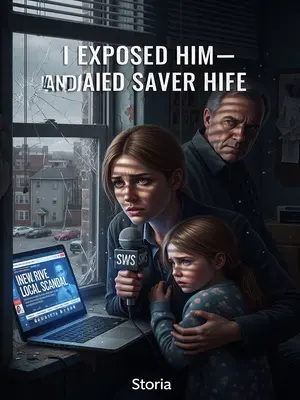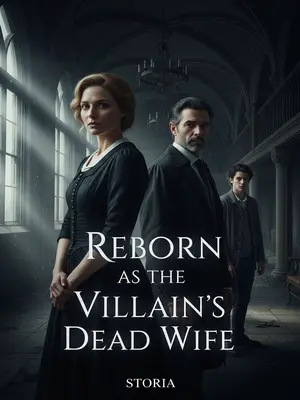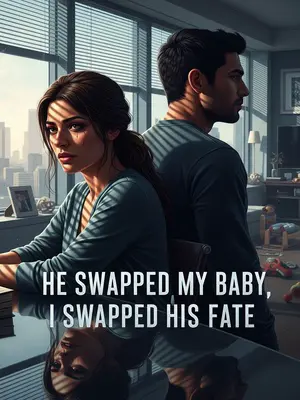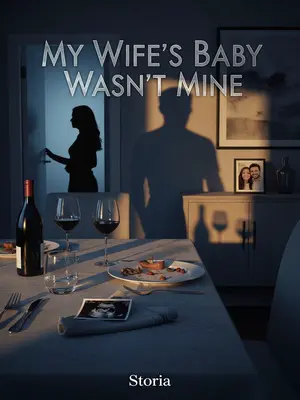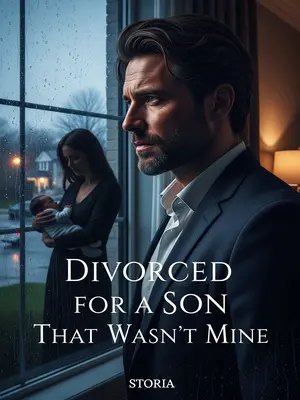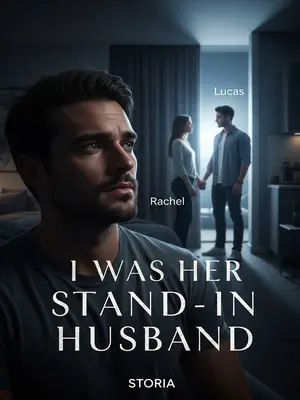Chapter 2: The Widow’s Return
I am known throughout Maple Heights as a model of virtue and loyalty.
People in town sometimes call me "the widow in the blue house on Willow Street," but behind those words is a kind of reverence I never asked for. Every time I step into Quinn's Grocery for milk or pass the post office, folks tip their hats or give me those sad, respectful smiles.
All because, after my husband’s passing, I remained a widow for ten years.
They never saw the hollow ache of those lonely nights, or how cold the bedsheets felt come winter, or how quiet the house was after the laughter faded. They only saw my resolve—a mask I wore so long, it sometimes felt like my own skin.
In the eighth year of my widowhood, the mayor himself presented me with a plaque—a decorative archway in the town square honoring a woman’s fidelity to her late husband.
On that blustery October day, with golden leaves swirling at our feet, the mayor shook my hand in front of the whole town and gave a little speech about loyalty and the American spirit. My photograph made it into the Maple Heights Herald. For a while, the archway with my name on it became a minor landmark, and folks would point it out to their kids as they passed.
For a time, people would say: “If you marry, marry a daughter of the Harris family.”
I'd hear those words at church potlucks, at the PTA, even standing in line at the DMV. A proud family, they said. Steadfast. But people only saw my outward glory; no one knew the hardships behind it.
For ten years, I single-handedly supported the Evans family, showing respect to my mother-in-law above, and caring for my husband’s younger brother below.
I worked double shifts at the hardware store, never missing a Sunday dinner with my mother-in-law. I even helped Derek with his college applications, staying up late to proofread essays and fill out FAFSA forms when no one else would.
Outwardly, I managed the family’s hardware store; at home, I handled all household affairs.
I learned to fix leaky faucets, haggle with vendors, and keep track of every penny. When the power went out in January, I was the one to light candles and boil water on the old stovetop. I wore a thousand hats, and never let anyone see the cracks.
As a result, I fell gravely ill before I even turned thirty.
The doctors called it 'exhaustion,' but it felt like drowning—each breath a little harder than the last. The world narrowed to the confines of my room: the hum of the heater, the faint tick of my wedding clock, and the scent of lemon oil from Faith’s dusting.
By my sickbed, my mother-in-law gripped my hand tightly, her eyes brimming with tears:
“Good child, you can rest in peace. Now your brother-in-law is already working at city hall. You need not worry about Mom.”
I nodded wearily, then coughed up a mouthful of blood.
The metallic taste filled my mouth as I wiped my lips with the back of my hand. My gaze fell on Derek Evans, who stood behind my mother-in-law. “Derek, your brother left us too soon. From now on, the burden of caring for Mom falls to you.”
Derek’s brows furrowed deeply, and he stepped forward as if wanting to speak, but my mother-in-law silently stopped him.
Derek was never good at hiding his feelings—he bit his lower lip, glancing between me and his mother, but finally just nodded, shoulders slumping.
I couldn’t hold on any longer and collapsed back onto the bed.
The moment I closed my eyes, a tear slid down my cheek.
The world faded in a blur of pain and disappointment. My hand fell limply to the quilt, as if even gravity had given up on me.
In my final moments, I heard my mother-in-law whisper to the housekeeper:
“Natalie is gone. Go send a letter to Marcus—have him bring my good grandson and daughter-in-law back to the house in a few days.”
“After being away for so many years, they can finally come home.”
Marcus Evans—that is the name of my husband, who was said to have died many years ago.
The syllables of his name sounded sharp and foreign, as if they belonged to someone else's story. In that instant, countless doubts surged in my heart.
I struggled desperately to rise and demand an explanation, but died full of resentment.
My last thought was a silent, searing question: How could you do this to me?

